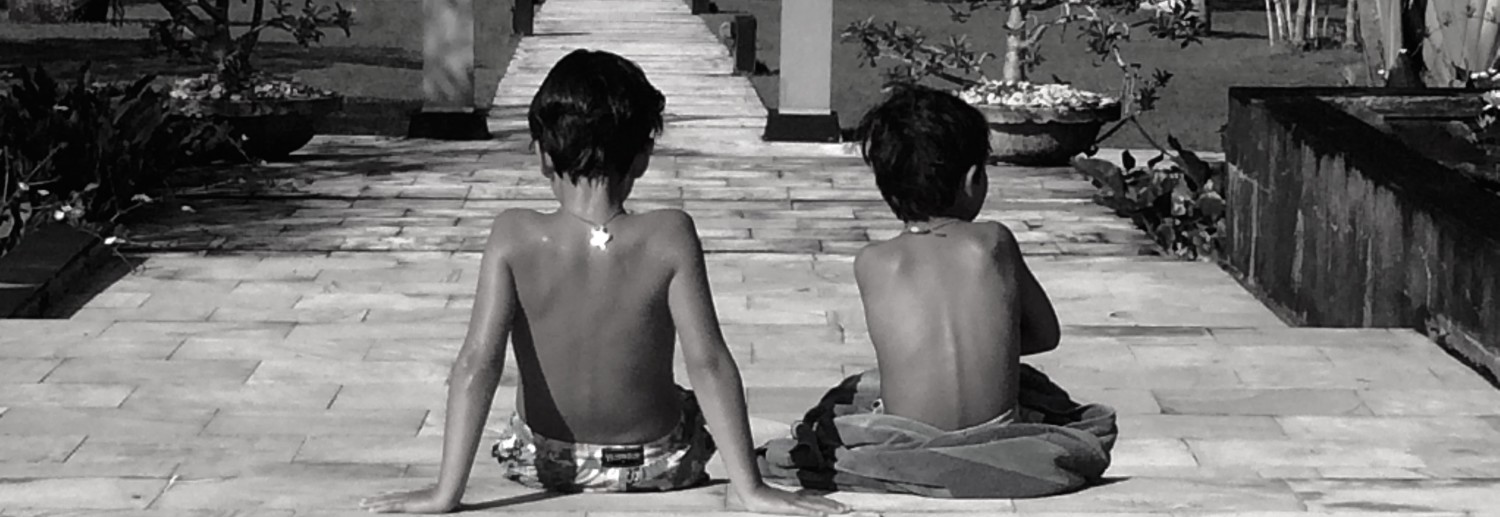Bhutan’s nicknames Land of the Thunder Dragon, the Kingdom in the Clouds, the last Shangri-la evoke a radically different way of living.
Bhutan is no ordinary place. It is a Himalayan kingdom with a reputation for mystery and magic, where a traditional Buddhist culture permeates its way of life.
Its flag has two colors: yellow represents the authority of the king (the modern Kingdom was established on Dec 17th, 1907), the orange for the religious authority and the white (for nobility) dragon is the symbol of the country.
Bhutan is a country where the rice is red and where chillies aren’t just a seasoning but the main ingredient. It’s also a deeply Buddhist land, where monasteries are part of the mainstream.
From a forest of wild rhododendrons and some blue poppies (national flower), a cool wind greets us, bringing the wails of Tibetan horns and the chants of monks drifting from an ancient monastery in Punakha.
There are nunneries surrounding us too. Like the rest of Bhutan, this valley remained mostly isolated from the outside world until barely two decades ago, when a tourist quota system that permitted only a trickle of visitors was lifted. We have come here after a neck breaking trip that lasted 4h from Thimpu, the tiny capital of this incredible country.
At one of the monasteries there, we got some praying flags and were fortunate enough to meet the Queen Mother and have a conversation with her when she and her daughter were going to enter it to have some tea. She was really highly educated and highlighted how treasured memories our kids will have for this travel to this magic kingdom. Our guide said that this was the second time he had seen a member of the royal family in his life and this is a sign not only of luck, but of good fortune….below some pictures at the monastery where Bhutanese go to name their children and where we found the Queen Mother.
The significance of the flags becomes clear a couple of days later when we arrive at Dochula Pass on our way to Punakha just above 10,000 feet on a fog-shrouded, narrow, no-shoulder highway. The blind curves and steep dropoffs are lined with thousands of prayer flags strung out like spiritual guardrails. The flags are intended to bring fortune and honor our beloved ones. We ventured inside a beautiful forest to hang ours…
Bhutan was first thrust into the world spotlight back in the 1970s when the king, Jigme Singye Wangchuck, announced that his country would abandon the materialistic metric of gross national product (GNP) as a measure of development success and replace it with its own model, Gross National Happiness (GNH). Though some media reports smirked at the concept, Bhutan not only reaffirmed its belief in GNH as the right path for its kingdom but has recently notched it up. It is calling upon the rest of the world to adopt a new global economic paradigm in which well-being and happiness are also counted when measuring a country’s progress.
“The present GNP development model no longer makes economic sense because it compels boundless growth on a planet with limited resources,” Bhutan’s prime minister, Jigmi Y. Thinley, told more than 600 attendees gathered at the United Nations headquarters in New York. “What we mean by GNH is striking a balance between the material, the emotional, and the spiritual well-being of our people. It is based on four guiding principles: equitable economic growth, preservation of cultural heritage, protecting the environment, and good governance,” he told me. The Bhutanese definition of “happiness” goes far beyond the widespread and more prosaic understanding of the word as a passing mood.
By law, at least 60% of the country must remain forested for future generations and the Bhutanese take it very seriously – currently, c.74% of the country is green….
Bhutan still doesn’t have its own trains, but in 1962 it got its first road and in 1983 its first (and only) international airport. Far greater outside influence arrives in a torrent of electrons pouring through satellite dishes and computers, thanks to King IV having lifted the ban on television and the Internet in 1999. Will this new connectivity and technology “bring good things to life”?
King IV was an unusual leader in more ways than one. He declared that absolute power in an unelected monarch was not in the best interest of his country. He established a national assembly, insisted that Bhutan hold democratic elections for a prime minister and legislature, and finally, at 50 years old, saying it’s time for the next generation to take over, voluntarily abdicated the throne, handing off the job to King V, his Oxford-educated son Jigme Khesar Namgyal Wangchuck. King IV had married four sisters who became queens but his successor has married the current queen. One can find the images of the royal family everywhere.
Better to conquer yourself than others.
When you’ve trained yourself, living in constant self-control, neither a deva nor gandhabba, nor a Mara banded with Brahmas, could turn that triumph back into defeat.”
― Gautama Buddha











